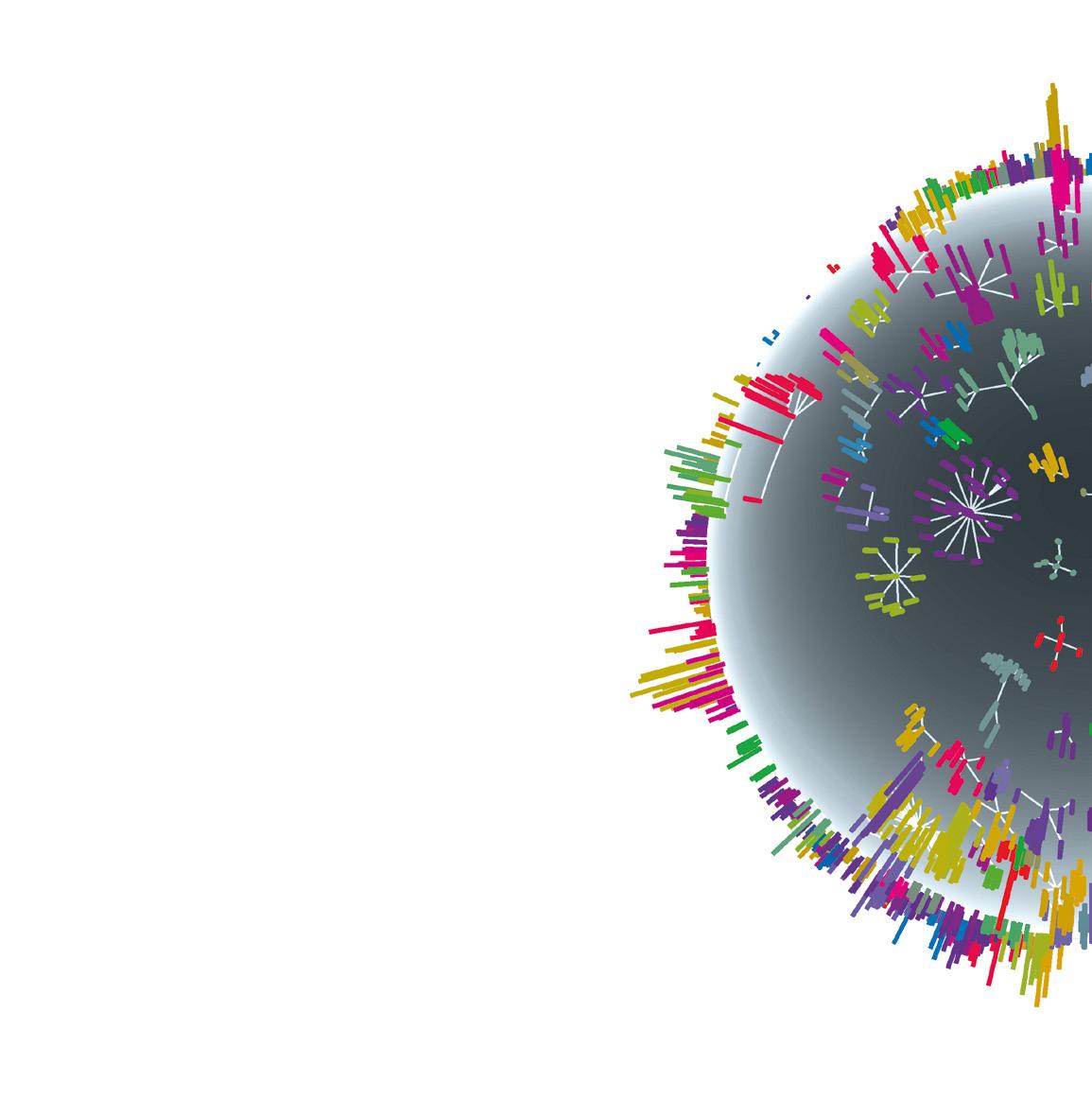
4 minute read
ENTER THE DRAGON
When COVID-19 hit in late 2019, a worldwide fight to beat it began. A team of Southampton biomedics is taking on the challenge to diagnose it quicker and treat it better – with some promising early successes.
The ability to rapidly diagnose and effectively treat COVID-19 has proved elusive and challenging. Symptoms are inconsistent – or non-existent – and traditional treatment methods for similar flu-like conditions have proved to be unreliable.
The DRAGON project is on its way to solving these challenges. DRAGON – ‘rapid and secure AI imaging-based diagnosis, stratification, follow-up, and preparedness for coronavirus pandemics’ – is a €11.5 million EU-funded international consortium for COVID-19 advanced diagnostics.
The consortium is collecting samples from COVID-19 patients across Europe, then applying artificial intelligence and bioinformatic techniques to create a system to inform medical decisions about patient care.
A team of Southampton-based experts in molecular phenotyping – from both the University and spin-out company TopMD Precision Medicine – is playing a crucial role in DRAGON. Molecular phenotyping uses the quantitative measurement of thousands of biomolecules, such as genes and proteins, to measure biological pathway activity and, therefore, better understand diseases and improve diagnostic and treatment approaches.
Diana Baralle, Professor of Genomic Medicine and Consultant in Clinical Genetics, Ratko Djukanovic, Professor of Medicine and Director of the Southampton Centre for Biomedical Research, Tom Wilkinson, Professor of Respiratory Medicine, Yihua Wang, Lecturer in Biological Sciences, James Schofield, Co-founder of TopMD, and Paul Skipp, Professor of Proteomics and Co-founder of TopMD, are leading the University’s role in the project.
The three-year DRAGON project has now been underway for one year. Diana said: “The first year has been about collecting samples from COVID-19 patients and preparing the analysis pipelines. It was a big piece of work to make sure we got samples from across Europe in the second wave of the pandemic that we had at the end of 2020.”
Diana Barelle
Professor of Genomic Medicine and Consultant in Clinical Genetics
Pilot work
Pilot work, which has been funded by the National Institute of Health Research and is not formally part of the DRAGON project but will greatly assist the progress of the project, has been underway in recent months.
This work involved examining samples taken from COVID-19 patients in Southampton during the first wave of the pandemic. The samples were collected by Dr Tristan Clark, Associate Professor and Honorary Consultant in Infectious Diseases.
Diana said: “Tristan collected RNA [ribonucleic acid, which is present in all cells] samples and we sequenced those in the patients, then compared the sequencing results with the clinical features. We wanted to find out if the sequencing results were different in those that died with COVID-19 compared to those that survived.”
RNA sequencing measures gene expression. Through sequencing, scientists can study the differences in gene expression between normal and infected cells, or between cells from patients that survived or died with COVID-19.
Diana added: “We also compared the COVID samples with samples collected from flu patients, so we could see what inflammation and immunology pathways were being activated specifically by COVID. If you know the pathways, you can determine which treatment options might work and how the virus is causing disease.”
The large volume of clinical data available to the team highlighted the genes that were being activated in patients that were the worst-affected by COVID-19.
“We saw, for example, that certain infection pathways were being activated in COVID-19 that are not activated in flu,” said Diana.
European samples
The DRAGON team has now collected samples from COVID-19 patients across Europe. ‘Omics’ studies, which encompass genomics and epigenomics, and RNA sequencing tests will be conducted on these 800-plus samples.
“The team in Southampton is leading on this work for DRAGON,” said Diana. “We’re working with the University of Liverpool, who will do the sequencing, and we’ll do the analysis of the sequencing including neural networks machine learning to understand the mass of data we are generating.
“Understanding how the virus is attacking the cells and entering the cells is becoming clearer and work like this will let us know where we can interfere and stop the pathway.”
DRAGON is being led by Radiomics, a spin-out company from Maastricht University, which uses artificial intelligence to develop medical products and services in partnership with 21 SMEs, academic research institutions, biotech and pharma partners, patient-centred organisations and professional societies in the UK, Belgium, China, Italy, the Netherlands and Switzerland. The University of Southampton was awarded funding worth €248,523 and TopMD was awarded €880,000 for their roles in DRAGON. The project is funded by the Innovative Medicines Initiative 2 Joint Undertaking, which receives support from Horizon 2020 and the European Federation of Pharmaceutical Industries and Associations.










